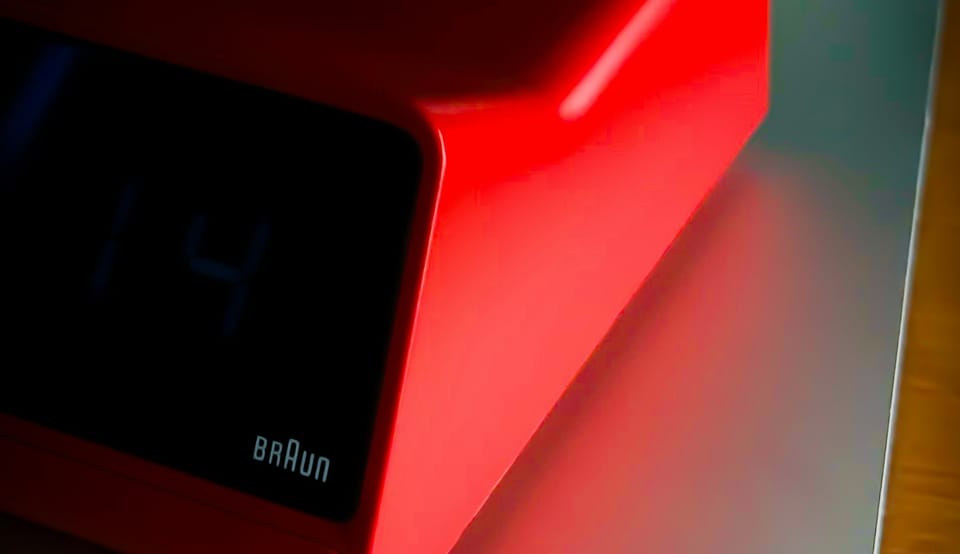Western brands still misjudge Chinese market

I’m still in the ongoing process of waking up a few of my customers (and the readers of this blog) on why the Chinese market is such a specific and fast one. Three years ago, I was pointing the inexorable move of the Chinese government toward clean energies, and forecasting that by 2020 they would export green tech and electric vehicles to Europe and the US. And we are getting there.
At the moment, my concern and major interest is the huge disconnect that has built up between consumers and retail brands in the West and how they deal with the Chinese market, as a digital monster.
It’s not only that Chinese consumers are on Wechat and Weibo, when we are on Facebook and Google. But some key paradigms of what social and digital mean are entirely different. Some key things that come to my mind:
- Consumers distrust brands by default (more than often with good reasons);
- Digital payment is seamless and always possible both online and offline (to the extent that e-commerce is not a separate thing, it’s embedded in whatever you do);
- The absence of privacy has been designed not to be a subject to address (to the extent of the government scoring how you behave and what you think);
- Online and offline are the same, except that online is faster (whatever you do, from buying a car to paying for street food, online is a layer that is always available);
- Chinese consumers are highly trained at finding information and using digital tools (even when they want information from foreign countries or say, Taiwan).
- I could go on with a dozen of other radical differences, but you get the point. Well, you might get the point, but most brands in the West don’t really get it.
Just this morning, one of my dear customers pointed to me that Estée LAUDER got caught in a social micro-storm on WEIBO. A chinese blogger is currently suing the world-famous US beauty product brand, over some form of false advertising. The language is harsh:
No matter how much money Chinese consumers have, big global brands will not treat Chinese consumers as VIPs. In their eyes, we are still gullible sheep waiting to be killed.
It’s also very common nowadays in China.
Let’s say of course, that if the tone is harsh (this blogger is actually known for such outbursts), the key dispute is on what Estée LAUDER is saying about one of their best-seller product that is very conservative in the West, and much more « emphatic » in China. The legal dispute amounts to just a few hundreds of dollars and this story will be over before the end of the week. Nothing to worry about if you are a shareholder.
Except… Except that this is not something new. This is one of the millions of small cuts that Western brands suffer every month in China.
Sometimes it’s a bit of carelessness in the regionalisation of a packaging. Another time it will be a small lie on one of the components, or a product version that comes in China after the US. It can be a full product line that is obviously not designed for local customers (in your opinion how many US make-up brands are specifically dealing with Chinese skin tones — even when such customers are widely present in North America?).
Small cuts after small cuts, the vast majority of Western retail brands demonstrate how the Chinese market is an afterthought and how they misjudge its ferocious reactivity, fueled by a very specific social 2.0 culture.
To their defense, and as we pointed out, the huge internet cultural gap is quite complex to deal when you’re a global brand. Solving the « Chinese internet » would pretty much require that global brands split in two, with a Chinese version of the brand running in different directions than the current « business as usual in a different language ». I don’t know about Estée LAUDER, but I’m pretty sure that this is not on top of the to-do list for NIKE, DISNEY or COCA-COLA.
And yet, I fear — let’s say it’s not a prediction yet, that the Chinese market will eventually gravitate more and more around new Chinese brands, empower them, and create giants that soon enough will look in our direction with a lot of appetite. Forget the drama of DIDI competing with UBER, let’s talk about BYD surpassing NISSAN ten years from now!
This discussion is very different than what we saw with UBER, GOOGLE or FACEBOOK being barred out of this market by the Chinese government. What we are seeing is consumer brands disqualifying themselves out of this market.
The key irony being that this market is still their fastest growing for the next 3 to 5 years…




